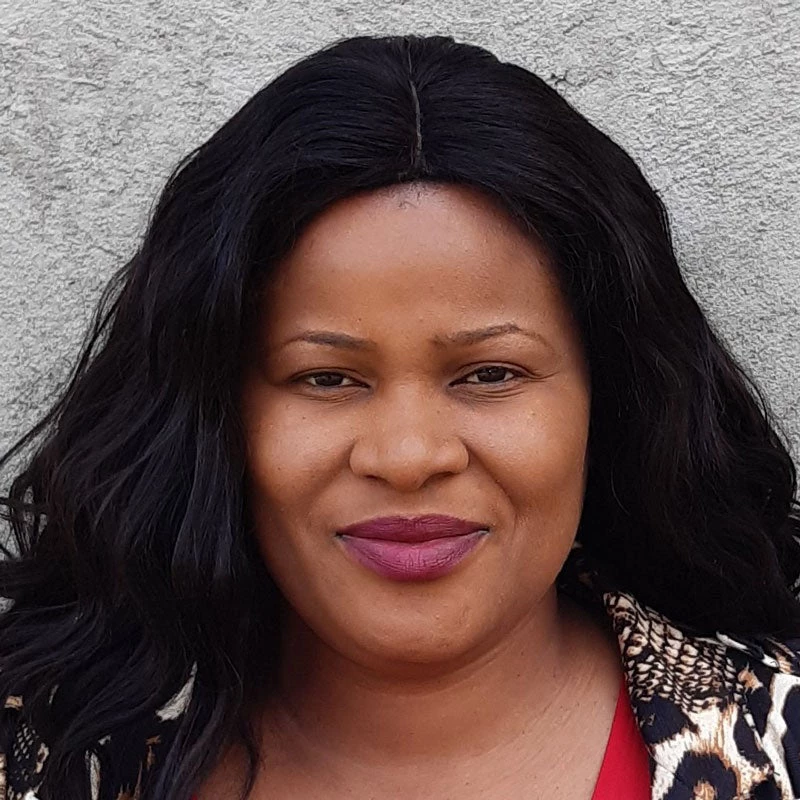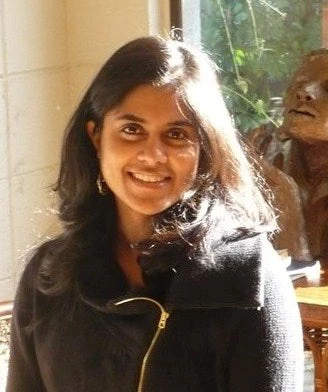In Malawi, many girls are trapped in a cycle of early marriage, early pregnancy, and dropping out of school, leading to devastating consequences for their economic empowerment, health and wellbeing, and their rights to live a life free of violence.
Now picture this: A public infrastructure project provides not only infrastructure but also jobs. The task is huge and there are not enough local workers. Migrant laborers flood in from other towns. With increased labor, more people come to sell goods and services; after all, the workers need basic household items, and services such as restaurants, barbershops, transportation options, as they live in the country and work on the construction project.
The labor influx of migrant people with additional income alters the social fabric of the community. As interactions with the host community and migrant workers unfold, several risks emerge including sexual exploitation, abuse, and gender-based violence.
It is not hard to imagine this risk, given that one in five women in Malawi have experienced sexual violence in their lifetime, and that 42% of girls in Malawi experience physical violence before their 18th birthday. Young, orphaned girls, women with disabilities, unmarried women, and sex workers are the most vulnerable.
In line with its own commitments to address gender-based violence in its legislation, the Government of Malawi has committed to ensuring that World Bank-funded projects consider the risks of gender-based violence at implementation and builds on national systems to provide survivor-centered care. While these efforts alone are not sufficient to eradicate gender-based violence, they take one systematic step to preventing and responding to violence against women and girls.
Below, we highlight three ways that World Bank-funded projects in Malawi are addressing gender-based violence:
- Survivor-centered response: The World Bank is guided by a “survivor-centered” response, which means that all World Bank-financed projects acknowledge that certain people are more at risk of gender-based violence during the lifetime of the project. Therefore, a response system is created where survivor’s interests are prioritized and are treated with dignity and respect. All the response systems look at what women and men who have experienced violence need, whether it is just someone to talk to, urgent health care treatment, or legal aid. Many survivors understand their own needs best as they navigate stigma, and community networks after experiencing violence. They might choose to report the violence or simply seek resources so they can move on with their lives.
- Using the World Bank’s Environmental and Social Framework as an entry point: Every World Bank-funded project is assessed for the potential risks of gender-based violence. Based on the risks assessed, the Government of Malawi puts certain measures in place. As a priority, all workers must be trained and sign a code of conduct policy against sexual exploitation, sexual harassment, and abuse. Other measures include creating or strengthening systems for survivors to report violence and to be referred to service providers safely and confidentially. For example, in Chikwawa District, the World Bank-funded Shire Valley Transformation Project, revamped the services of an existing One Stop Center. The OSC was a remarkable resource because a survivor could easily access different services under one roof (legal, medical, counseling and security). The project made it easier and safer for women to report violence not only in the project, but in the community at large.
- Extensive collaboration with women’s organizations and government departments in addressing GBV: There are several women’s groups in Malawi implementing various programs related to GBV. Some are rooted in local communities and have the trust of women in their communities. World Bank projects collaborate with these organizations so that women who might report violence can be referred to them for further support. The projects also coordinate with various government departments. For example, the Social Welfare Department under Ministry of Gender manages cases for all sexual exploitation and has been a vital partner in all World Bank-funded projects in Malawi. Collaboration with relevant government institutions and civil society ensures that support to survivors can continue beyond the life of a project.
In partnership with the Government of Malawi, the World Bank is going beyond response to tackle prevention of violence. The partnership provides an opportunity to collaborate with others’ multi-sectoral initiatives already doing important work such as the Spotlight Initiative, which comprehensively tackles GBV.
The rate at which gender-based violence occurs in Malawi is alarming and will require interventions (both big and small) across multiple sectors. Moving forward, efforts must be directed at how we can address the root causes of GBV and ensure GBV response system is efficient.
Several areas of focus can be explored, including making schools violence-free zones where boys and girls can unlearn harmful gender norms that lead to inequality, as well as how to make Malawi’s healthcare system more responsive to the reproductive needs of girls. During disasters, Malawi’s men and women must be better prepared to not to exacerbate violence in times of displacement.
With all the areas where we can make things better for women and girls, we need all stakeholders to focus on how we can prevent violence and provide services to survivors to help them rebuild their lives.




Join the Conversation